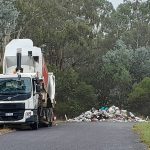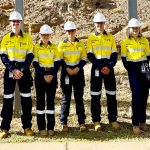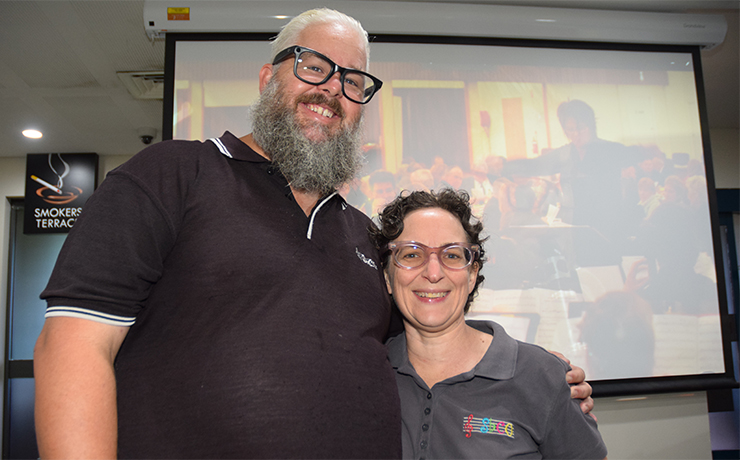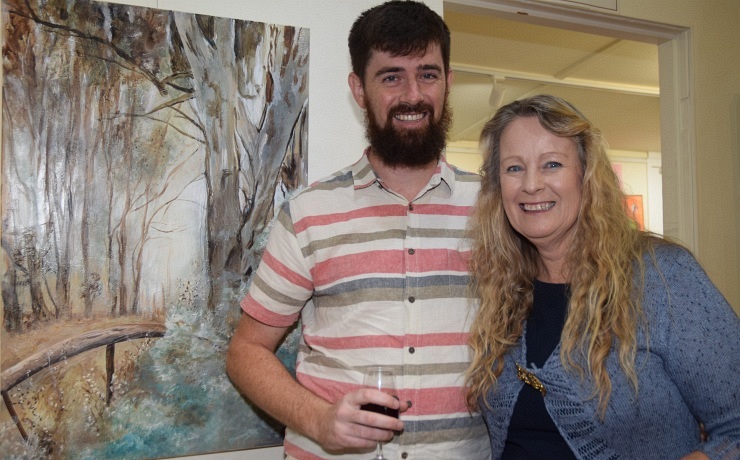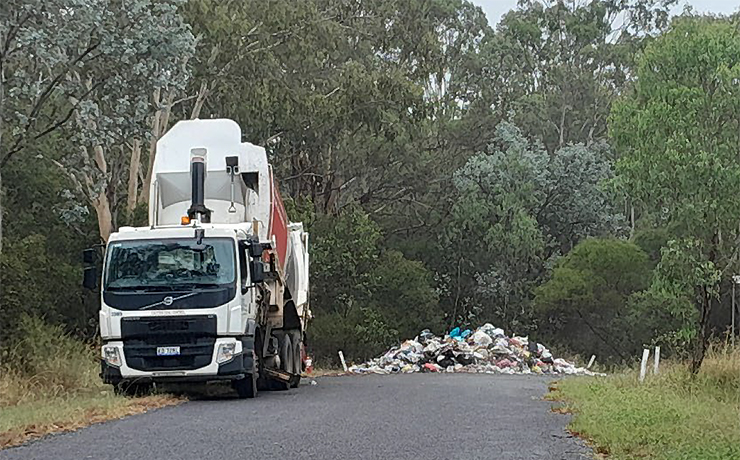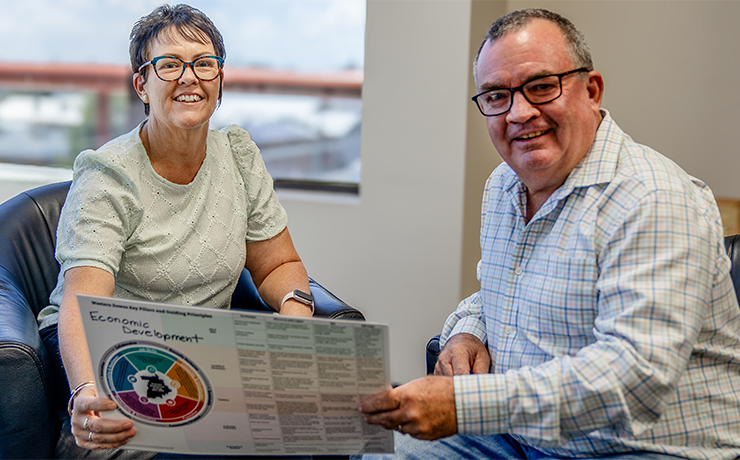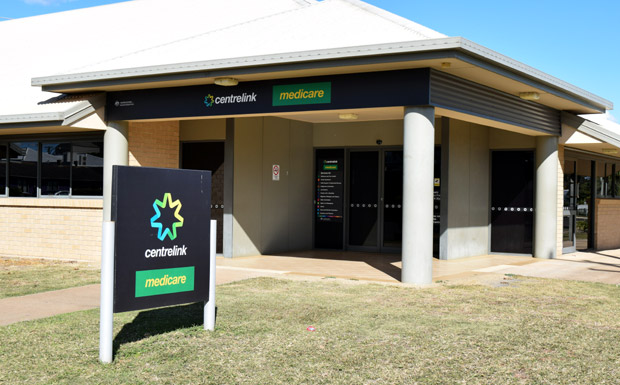

June 18, 2017
The Wide Bay-Burnett has the lowest disposable income per capita in the nation, according to the latest State Of The Regions report issued by the Australian Local Government Association (ALGA).
Three other Queensland regions – West Moreton-Ipswich, Logan-Redland, and the Far North – are also among the 10 worst nationwide.
Wide Bay-Burnett also has Australia’s highest underlying unemployment rate, followed by the Far North. Townsville-North West is also among the worst five.
The same regions are also among the five worst nationally for youth unemployment.
The disturbing report also notes that Australians in general are now worse off than they were eight years ago.
Levels of household wealth, net assets and disposable income have all fallen, along with average earnings and number of hours worked.
The ALGA says the root cause of the problems stretches back three decades to financial deregulation, which encouraged households to accumulate debt.
“For the foreseeable future a large proportion of Australian households will be forced to prioritise debt servicing, which will reduce their capacity to respond to opportunities,” the report says.
“The accumulation of debt by Australian households had a counterpart in the accumulation of overseas debt by the banks.
“The necessity to service this debt will bear down on Australian standards of living until such time as the debt is either repaid or renegotiated.”
The report calls on the government to invest in infrastructure, particularly in the regions, and points to good transport and communications systems as the keys to reviving sluggish regional economies.
“The State of the Regions report reinforces ALGA’s call to support regional economic development through targeted infrastructure investments needed to fix freight bottlenecks, which play key economic roles on regional, and indeed national, freight routes,” ALGA president Mayor David O’Loughlin said.
“A Commonwealth investment of $200 million per year for five years would immediately begin to unlock local and regional productivity improvements currently impeded by first and last mile bottlenecks, which typically occur on local roads.
“Costings done on ALGA’s proposal show that this investment would result in a direct cumulative GDP benefit of $1.72 billion over 3 years and create 4,100 jobs.
“Every year’s delay in the adoption of this approach imposes significant costs on the national economy by limiting the growth potential of struggling regions.”
The State Of The Regions report was commissioned by the ALGA and prepared by National Economics using Australia Bureau Of Statistics data.
This year’s report is the 20th the ALGA has produced, and was released at the Regional Cooperation and Development Forum held in Canberra on Sunday.
- Download: 2017-18 State Of The Regions data for Wide Bay-Burnett (9Mb PDF)











